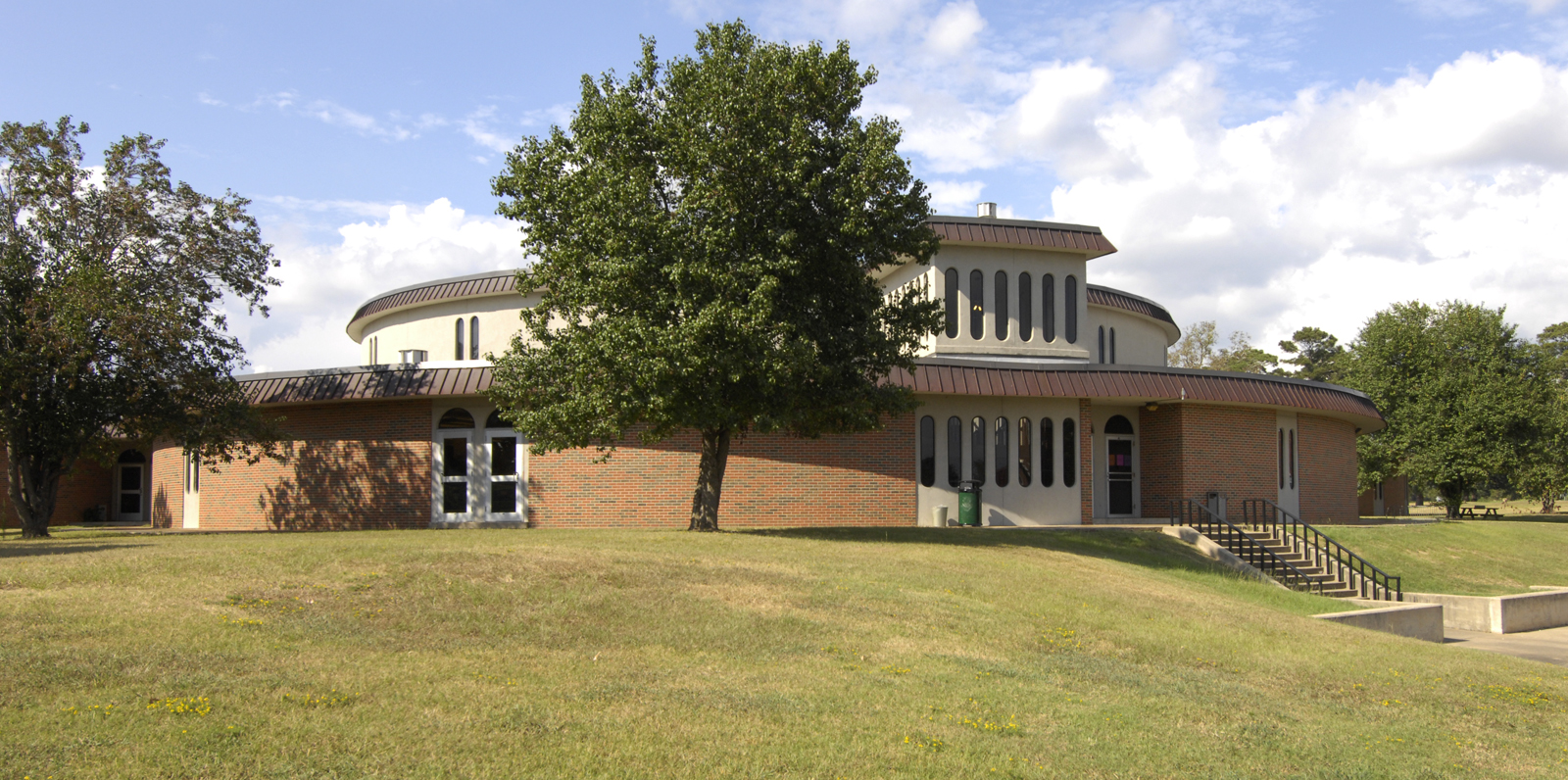NATCHITOCHES – The second class of students in Northwestern State University’s Doctor of Education in Adult Learning and Development are in the process of defending their dissertations and six students are expected to receive their doctorate in May.
Students in the program emphasized the doctoral program has given them knowledge about how to better assist others,
“Obtaining a doctorate was always a personal goal of mine,” said Erica Calais, vice president for Student Services, Safety, and Resilience with the University of Louisiana System. “Professionally, possessing a doctorate will provide me with more opportunities to serve students in different capacities.”
Fellow student Kim Liner said a doctorate will help her use what she has learned as a student and professional more effectively.
“I decided to pursue my doctorate because I wanted to learn how to take my knowledge and experiences and utilize them in a more meaningful way to further engage and help others,” said Line, who is a counselor in Alexandria. “I want to take a proactive role in the learning and development of adult learners and to offer them the skill set needed for personal and professional success.”
The Doctor of Education (Ed.D.) is a degree for students who intend to pursue or advance their careers in the professional practice of adult learning and development or post-secondary leadership at the community college level. The Doctor of Education is a practitioner degree program that prepares students for the practice of adult learning and leadership across the following domains: teaching and learning, curriculum and instructional design, adult development, workforce development, program management and planning, organizational change and community college leadership. Two concentrations are available: Community College Leadership and Adult Learning and Workforce Development. The program has been ranked as one of the most affordable in the United States.
According to Calais, the program’s structure made getting a doctorate possible for her.
“The idea of pursuing a doctoral degree has always seemed so far out of reach,” said Calais “For this reason, I experienced some anxiety when beginning this program. However, the level of involvement from the program’s administrators helped to ease my anxiety and made me extremely comfortable about moving forward in the program.”
Liner also admitted to being uneasy when she began the program which was the first time she had taken online classes. But the dedication of Northwestern State’s faculty kept her going when things were difficult.
“I was scared, and it had been 17 years since I had even been in school,” said Liner. “I was terrified, and I expected to face this journey alone. I only knew one other person in the cohort with me. Well, not only was I wrong, but I was also in for a big surprise. There will be times you will want to quit or ask yourself ‘Why am I doing this?.’ It is during these tough times that the faculty will say ‘Great job’ or ‘You got this’ or ‘I’m so proud of you.’ Having their guidance and leadership made all the difference.”
Calais agreed the support of faculty was important along with encouragement from fellow students.
“The program is well-structured, and I appreciate that students have the opportunity to complete the program in four years,” said Calais. “The program’s administrators and faculty members have been extremely supportive throughout this program. Another positive aspect of the program is the ability to move through the program with a cohort. This has been helpful as we were able to serve as a resource to each other.”
For more information on Northwestern State’s Doctor of Education in Adult Learning and Development, contact Dr. Christy Hornsby, interim coordinator of the doctoral program, at hornsbyc@nsula.edu or go to https://education.nsula.edu/program-offerings/doctor-of-education.

